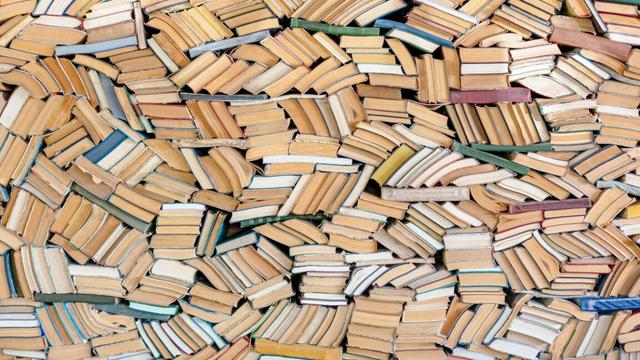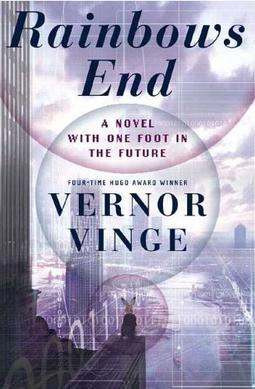@arstechnica
I'm torn two fold by this
As someone whose job it once was to digitize books WITHOUT destroying them, I KNOW it's possible to do this non destructively.
But also that job would have been SO much easier if I could have cut the spine off. And TBH, not every book is a one of a kind precious cultural artifact. We can easily sacrifice a copy of nearly every book that's ever been written especially if it means we can archive the contents and make it accessible to more people.
Though whether or not Googles company here is doing the "make it accessible" part for anything other than AI is not known to me.



